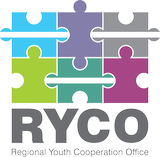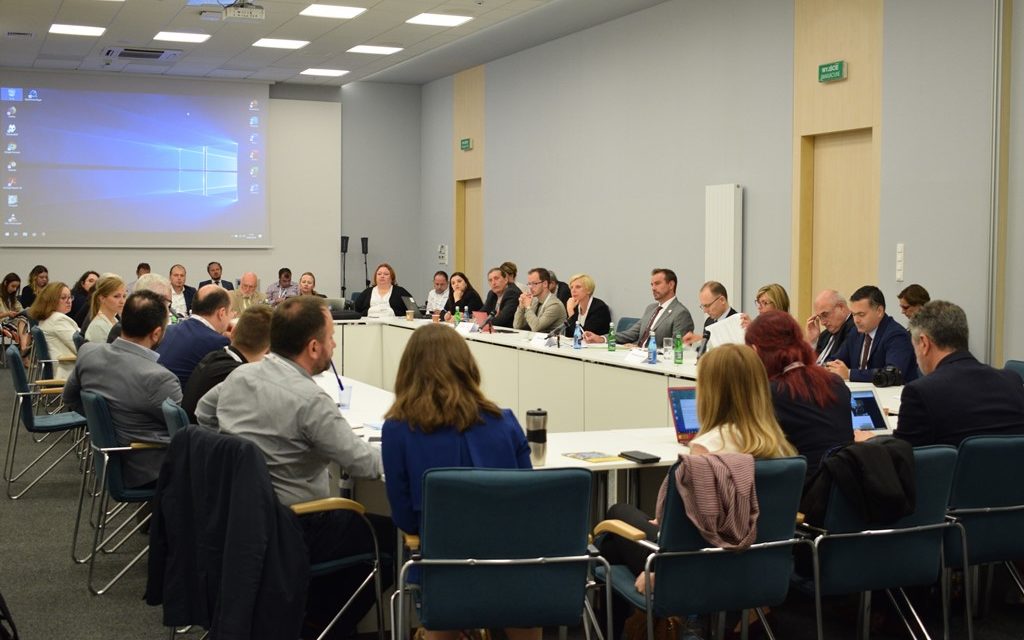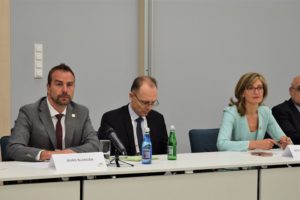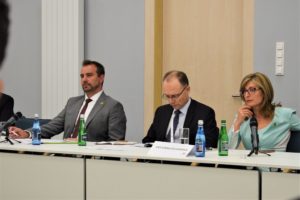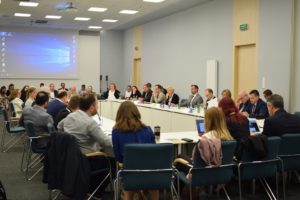POZNAŃ – RYCO Secretary General Mr Đuro Blanuša participated in the panel discussion Local initiatives solving local problems organized within the Civil Society Forum of the Poznań Summit on Thursday when he discussed the need for empowering youth, CSOs and secondary schools in order to enhance their involvement in local communities’ life so they become a strong voice of citizens.
Speaking at the panel, Mr Blanuša said that the challenges identified in the Civil Society Forum Policy Brief “Civil Society and Youth Engagement in the Western Balkans” are relevant for the region, especially on the local level, and underlined that much of them are going to be addressed by RYCO as outlined in its Strategic Plan 2019-2021. He pointed out that besides the need to focus on the future and cooperation, it is also important to focus on the constructive ways of dealing with the past in the Western Balkans.
“Civic education and dialogue with relevant stakeholders on regional and local levels are important in order to empower young people and make them important actors of decision-making processes,” Mr Blanuša pointed out.
He also shared the results and findings of the first two RYCO open calls and said that one the most important is the lack of capacities of youth organizations and secondary schools in the region.
“Capacity building of youth organizations and secondary schools in order to enable them to deliver on the needs identified in the region should be a strategic investment of the stakeholders working in the region,” he concluded.
In the process of building stronger societies, panel concluded, the cooperation between local authorities and local activism is indispensable. Citizens’ participation, especially the younger ones, in local-level decision-making processes is crucial for building strong community life and ownership of local strategies.
The panel further agreed that societal issues need also to receive more attention in both local and central political debates to offer citizens confidence in better opportunities for their future. Local authorities may be facing challenges such as lack of expertise, not enough skills or experience as well as not sufficient financial means, to be able to animate that process of local communities’ development. At the same time, local civic initiatives are often not recognized widely enough, and non-governmental organisations active in small communities may have an impression that they are not sufficiently supported by local authorities.
The panel was participated by Deputy Prime Minister and Minister of Foreign Affairs of Bulgaria Ms Ekaterina Zacharieva, Minister for Investments and Development of Poland Mr Jerzy Kwieciński, Representative of the European Policy Institute Ms Simonida Kačarska, Representative of MOZAIK Foundation Mr Miron Lukač, Head of Unit of DG NEAR Mr Colin Wolfe, and moderated by Friedrich Ebert Foundation Skopje Office Country Director Ms Eva Ellereit.


